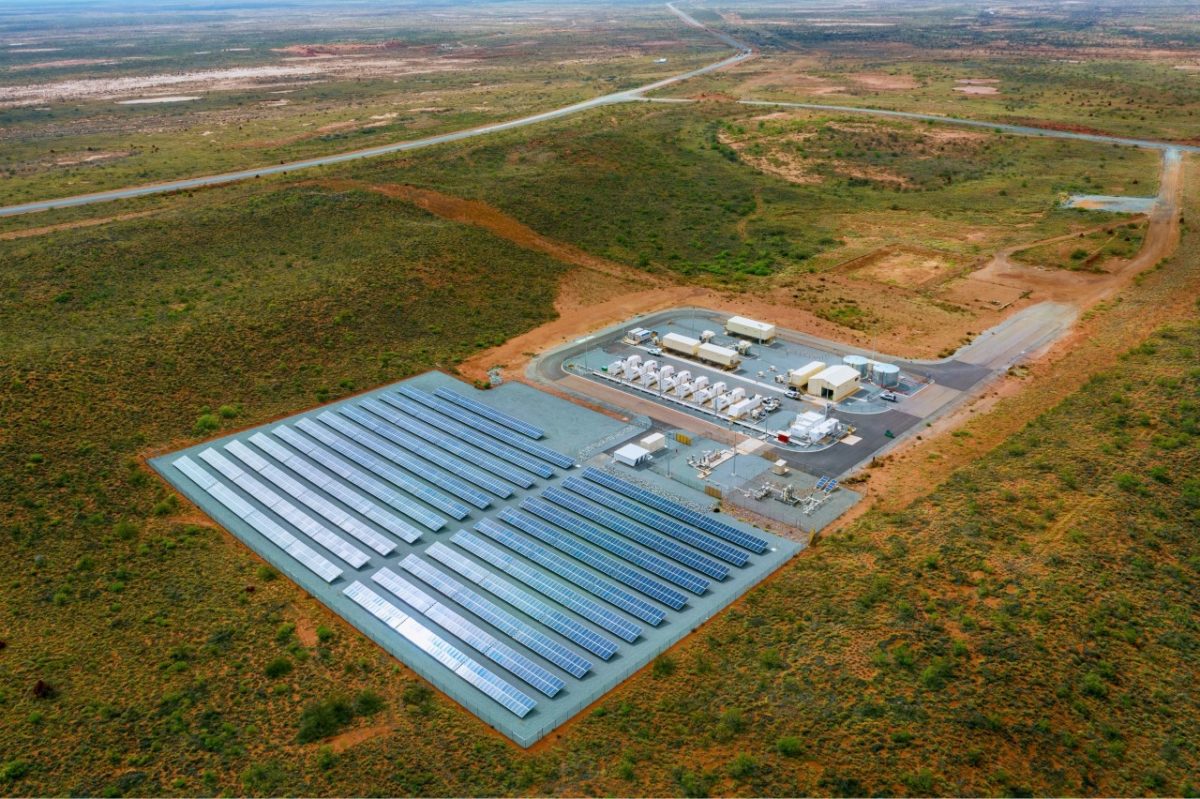State-owned utility Horizon Power, which services regional Western Australia (WA), has installed a battery at the coastal resort town of Exmouth. The project aims to both store the town’s excess solar and free up more than 2,000 kW of solar hosting capacity. This hosting capacity is expected to be made available to customers in May, 2023.
The installation is part of Horizon Power’s $31 million (USD 21.4 million) Energy Storage in Regional Towns project, funded by the state government’s WA Recovery Plan. The program has already seen similar batteries commissioned in the Western Australian towns of Wiluna, Yalgoo, Carnarvon and Marble Bar.
Broome will be the next town to receive a battery, with commissioning expected to start in the next few months. The towns of Yungngora, Fitzroy Crossing, and Halls Creek are also in line for battery installations under the program.
The sizes of the batteries vary depending on the different needs of each region, Horizon Power told pv magazine Australia. In Exmouth, the battery is 3500kVA / 4,464kWh.
Horizon Power says that combined, the nine battery systems will allow more than 1,000 households and 500 businesses to connect rooftop solar systems, which until now has not been possible due to grid stability concerns.
Horizon Power operates one of the world’s most dispersed electricity networks, and has been revising how it connects its regional customers and towns for some time now, moving towards a distributed network of embedded microgrids and stand-alone power systems.
It has also been trying to answer customer demand for solar hosting capacity, which the utility says has grown dramatically in recent years, through a number of means. One of those is via this series of batteries, which were initially designed back in 2020 and are now nearing completion.
In total, Horizon Power’s Energy Storage in Regional Towns project will provide more than 10 MW of extra rooftop solar for regional towns and is expected to reduce carbon dioxide emissions by 13,000 tonnes a year.
While such utility-owned batteries are not what commonly comes to mind under the banner of “community batteries,” they in fact deliver on many of the results communities are hoping for. That is, increased rooftop solar hosting and grid export capacity, widening access to local clean generation, and greater energy resilience.
There are a number of community battery models being trialled and tested across Australia, with varying levels of success, as pv magazine Australia recently covered.
This content is protected by copyright and may not be reused. If you want to cooperate with us and would like to reuse some of our content, please contact: editors@pv-magazine.com.









By submitting this form you agree to pv magazine using your data for the purposes of publishing your comment.
Your personal data will only be disclosed or otherwise transmitted to third parties for the purposes of spam filtering or if this is necessary for technical maintenance of the website. Any other transfer to third parties will not take place unless this is justified on the basis of applicable data protection regulations or if pv magazine is legally obliged to do so.
You may revoke this consent at any time with effect for the future, in which case your personal data will be deleted immediately. Otherwise, your data will be deleted if pv magazine has processed your request or the purpose of data storage is fulfilled.
Further information on data privacy can be found in our Data Protection Policy.